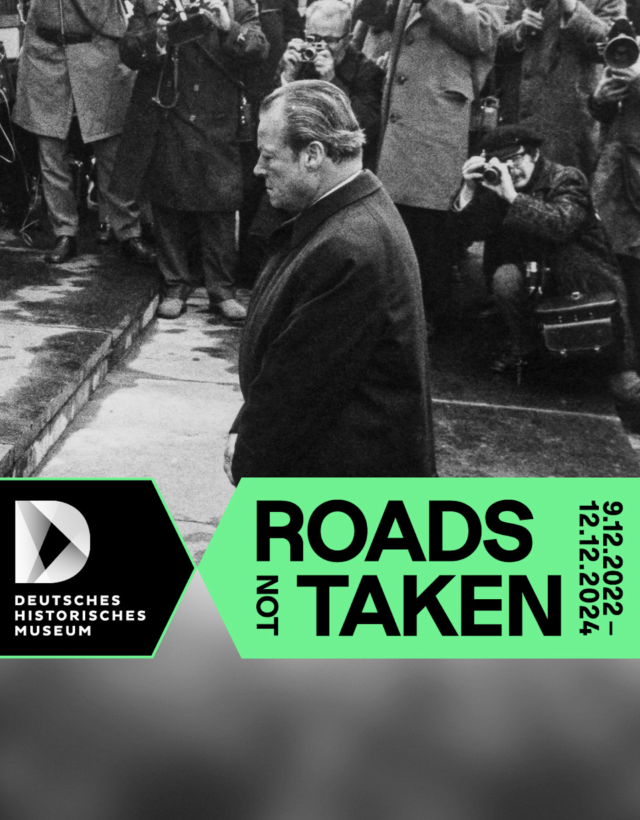Marija Vulesica was born in Berlin, in 1978. She studied History and Political Science at the Freie Universität Berlin. In her PhD-thesis – published in 2012 – she dealt with the beginnings, forms and consequences of political antisemitism in Hapsburg Croatia at the end of the 19th century.
Between 2009 and 2012 she worked as an assistant to the FU-Berlin based project: “Witnesses of the Shoah. Visual History Archive in School Education.” In 2012, she became a researcher at the Zentrum für Antisemitismusforschung/Technische Universität Berlin, dealing with Jewish History and the History of the Holocaust in Southeastern Europe. In her latest – DFG founded project (2015-2021) – she examined transnational networks, established by the Yugoslav Zionists, in order to help the Central European Jews fleeing Nazi persecution in the 1930s.
Marija Vulesica is the author and editor of numerous articles and books on the history of antisemitism, Holocaust and Jewish history in Southeastern Europe.
“We call it personality, but It’s actually a multi-layered figure” – Hinko Gottlieb, Aleksandar Licht, Lavoslav Schick, Aleksa Klein. A Jewish-Croatian collective biography. *
Hinko Gottlieb (1886-1948), Aleksandar Licht (1884-1948), Lavoslav Schick (1881-1941), and Aleksa Klein (1898-1974) were four of the 75.000 Yugoslav Jews who faced persecution and annihilation after the German attack on Yugoslavia in April 1941. Their biographies – i.e., their life paths, familiar and professional backgrounds, experiences, thoughts and feelings have been forgotten. Just as the Jewish individual in general within the historiography of the Holocaust in Southeastern Europe.
It is the goal of this research project to put the spotlight on the Individual and to examine the history of the Holocaust in the former Yugoslav regions through the lens of a collective biography. I argue that a meaningful commemoration of the Holocaust requires a profound knowledge about the individual´s fate. Collective Biography as a micro-historic approach enables us to tell a complex history of a certain time and space through individual and yet shared circumstances and conditions.
A superordinate aim of this project is to foster and to amplify the research on the Holocaust in Southeast Europe, to promote it´s integration into the international research context, and to establish research networks with the region.
* The Sentence is taken from Hinko Gottlieb´s diary, 08/21/1948; CAHJP, Fonds Eventov-Archive, A-24


